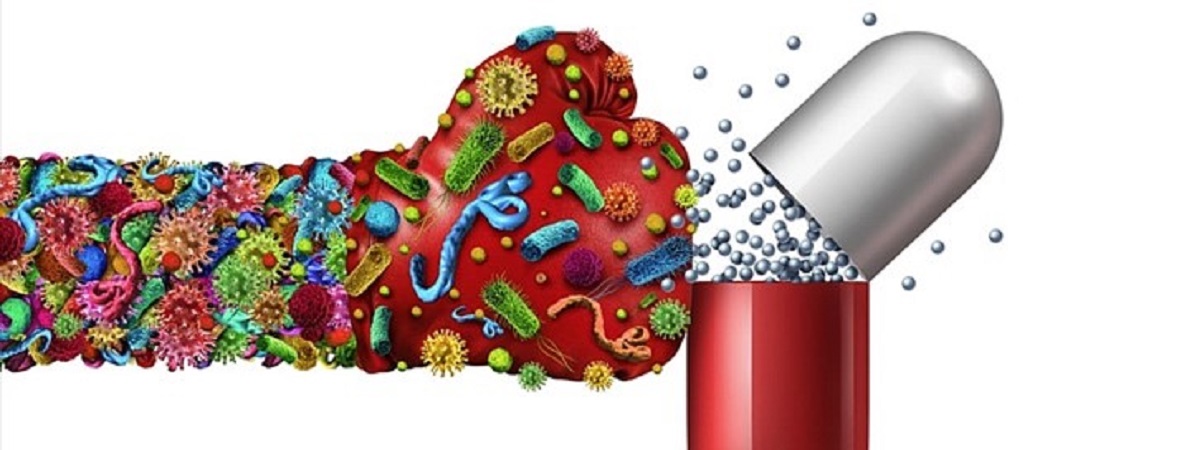Widespread resistance to common antibiotics worldwide: A growing threat to patient safety
October 24, 2025
The World Health Organization (WHO) has issued a stark warning that antibiotic resistance is spreading rapidly worldwide. New global surveillance data reveal that nearly one in six bacterial infections are now resistant to commonly used antibiotics, posing a major threat to patient safety and public health (who.int).
For the WPA, this finding is deeply concerning. Antimicrobial resistance (AMR) directly affects patients. When antibiotics no longer work, infections become harder to treat, hospital stays become longer, treatment costs rise, and the risk of death increases. The situation is especially serious in low- and middle-income countries where access to diagnostics and second-line treatments is limited.
Key findings from WHO
• Global AMR surveillance covering over 90 countries shows resistance to many first-line antibiotics used to treat pneumonia, sepsis, and urinary-tract infections.
• Some bacteria, including E. coli, Klebsiella pneumoniae, and Staphylococcus aureus, now show resistance rates above 50 percent in several regions.
• WHO warns that if resistance continues to rise unchecked, many routine medical procedures such as surgery, chemotherapy, and childbirth could become riskier.
• The report stresses the need for stronger infection prevention, rational antibiotic use, and improved surveillance and data sharing.
Why this matters for patients
• Delayed recovery and higher risk. Resistant infections mean that standard treatments fail, leaving patients vulnerable to prolonged illness or complications.
• Limited treatment options. Many patients in low-resource settings have no access to newer or stronger antibiotics, worsening inequalities in care.
• Economic and emotion. Many patients in low-resource settings have no access to newer or stronger antibiotics, worsening inequalities in care.
• Economic and emotional burden. Longer hospital stays and repeated treatments place severe strain on families and health systems.
• Public-health impact. Resistance spreads quickly, turning once-treatable infections into potential outbreaks.
WPA’s perspective and call to action
The WPA urges all governments, health systems, and partners to treat AMR as a global health emergency. Patient involvement must be central to every response. WPA will:
• Advocate for responsible antibiotic use among both healthcare providers and the public.
• Support patient education to discourage self-medication and misuse of antibiotics.
• Promote access to accurate diagnostics, so patients receive the right treatment from the start.
• Encourage investment in research for new antibiotics and alternative therapies.
• Push for transparency and accountability in how national AMR action plans are implemented.
Antibiotic resistance threatens the very foundation of modern medicine. Without urgent and coordinated action, millions of patients will face infections that are increasingly untreatable. The WPA calls on all countries to strengthen surveillance, improve stewardship, and engage patients as active partners in the fight against antimicrobial resistance. Protecting antibiotics today means protecting patients’ lives tomorrow.


